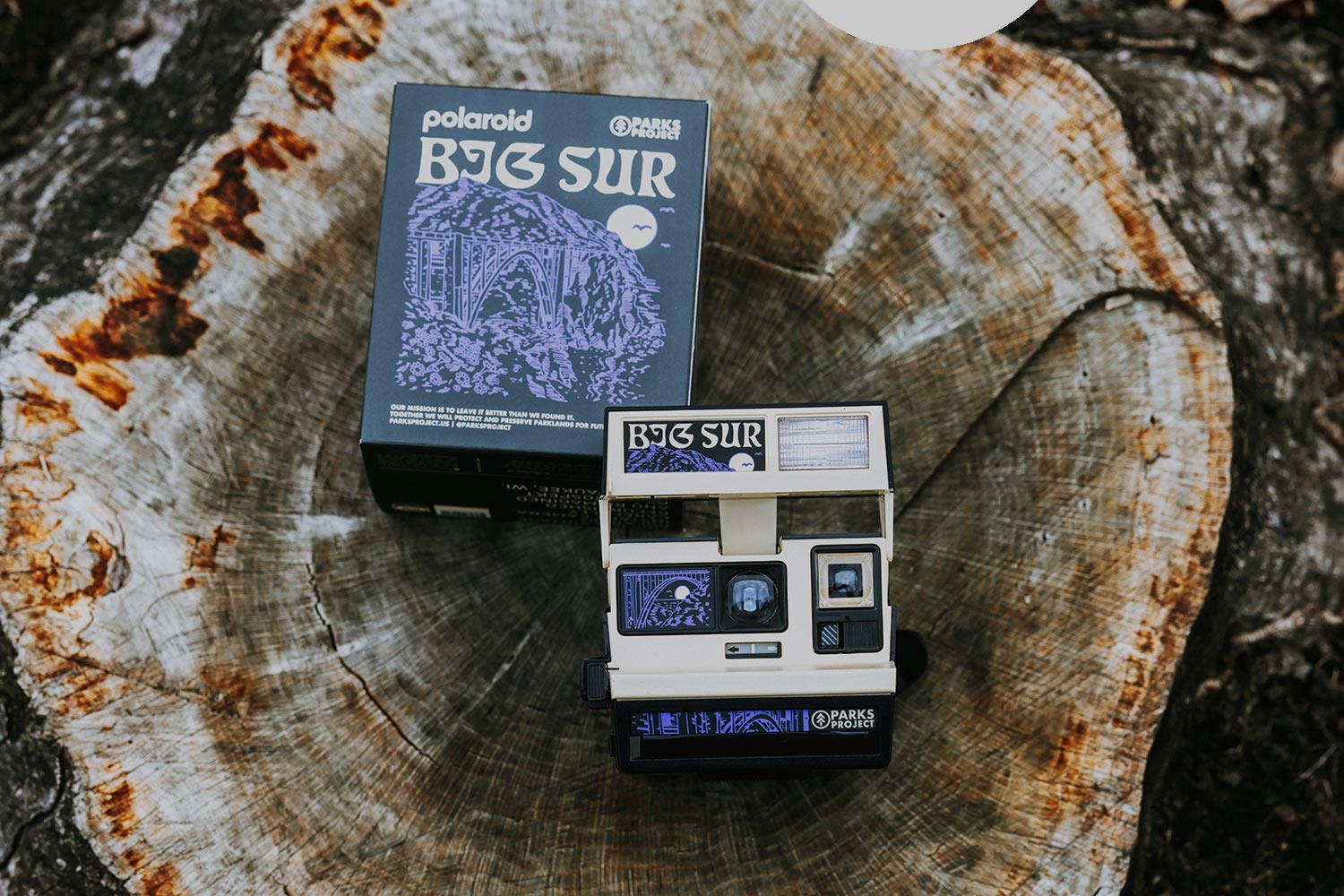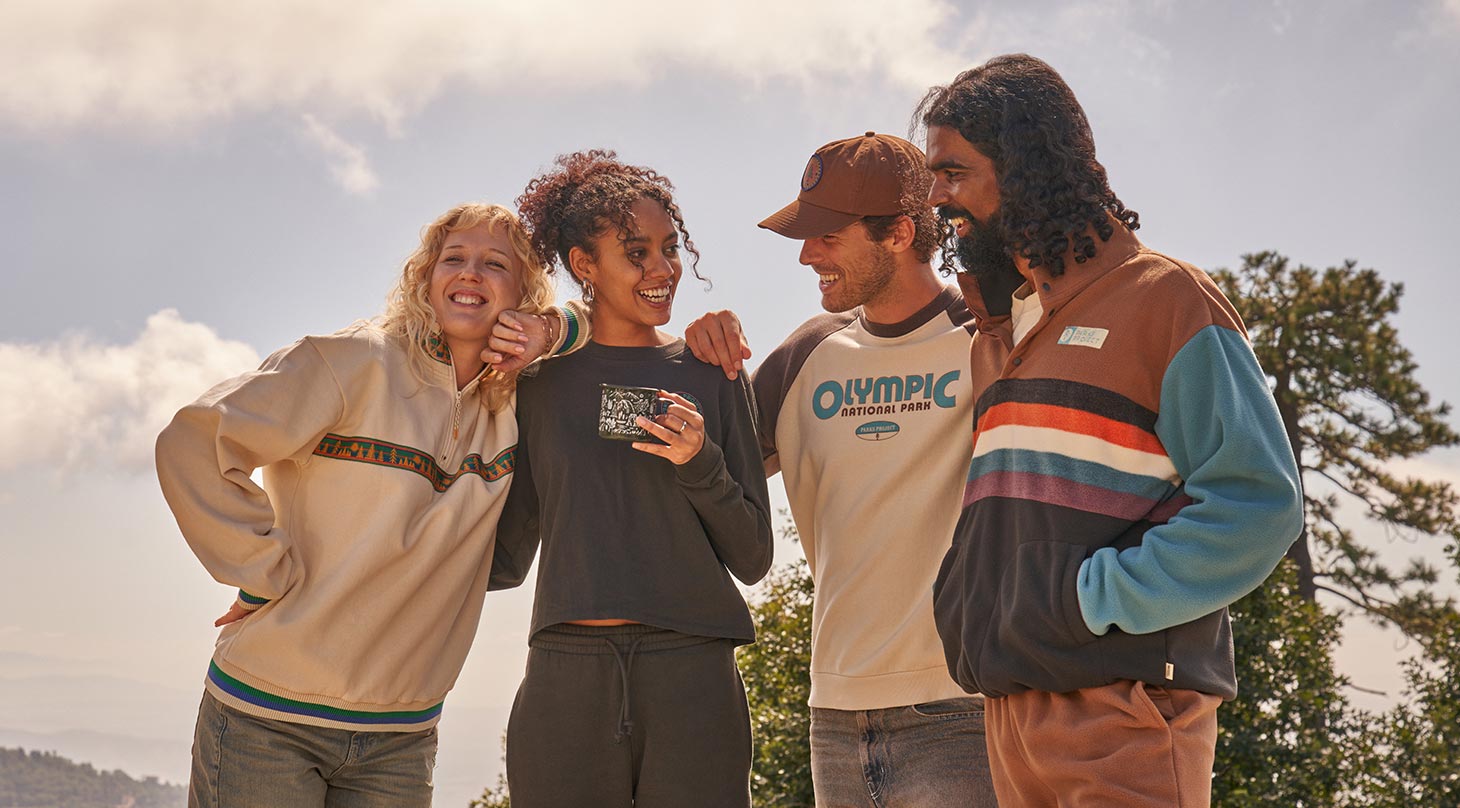As the days grow longer and the nights get warmer, you may find yourself heading outside to your local forest or mountains for a fun camping trip! Whether you prefer car camping, tent camping, or just setting up that sleeping bag in the grass, here are some tips to consider as you plan your next outdoor adventure. As always, be sure to leave it better than you found it, campers!

1. Plan ahead and research where you want to stay
After deciding where you’ll be heading on your trip, make sure to do your research on campsites and what resources are available in the area. There can be a variety of campsites, but depending on where you go and what type of camping you decide on, you may need to come prepared with different gear. For example, most folks want to make sure a camping chair is on the list but if there’s no campfire, you may not need to bring the entire camp kitchen. It's also important to keep in mind that some campsites require a reservation, so make sure to reserve in advance especially if it’s a popular destination...#campinghacks.

2. Carry cooking essentials and clean up tools
After a long day of adventure, you’ll likely be ready for a feast back at camp. Before heading out on your trip make a list of the cookware, camp stoves, crockery, and silverware you’ll need to make your meals a success! The better the meal, the better the camping experience as a whole, right? We also recommend carrying some supplies that will make cleaning up smoother. Some biodegradable soap, a sponge, and a plastic container to wash and rinse will go a long way to help keep your campsite tidy. Make sure to dispose of greywater and any leftover food scraps properly!

3. Bring sun protection!
Whether you are camping in the forest or on the beach, sun protection is essential to minimize sunburns and prevent sun poisoning. You should apply sunscreen every two hours and wear a hat for the best protection. You may also consider wearing long sleeve shirts and pants for additional protection. Doing so will help you stay out there longer and enjoy the experience!

4. Don’t forget about dispersed camping
Are all campsites at your destination booked? Consider dispersed camping that may be available nearby! If you are traveling to a national park you may be able to find dispersed camping in a bordering national forest. By going with this choice of camping, you don’t have to worry about reservations or fees and can still enjoy the wonder of the natural environment. Be sure to check with the local ranger station for the best sites and practice leave no trace principles.

5. If you are camping in the backcountry, setup camp where vegetation is minimal
On your next camping trip if possible, pitch your tent where others have previously done to minimize your impact on the area. Creating new campsites contributes to erosion and the destruction of vegetation. If you do not see any existing campsites, opt for a space with little to no vegetation.

6. Pack some games for downtime at camp!
While the majority of your day may be filled with hiking, swimming, rock climbing, or canoeing, you may find some down time at camp in between activities or at the end of the day. This gives you the perfect opportunity to gather everyone around and have some fun by the fire with a relaxing card or board game.
Extra camping tips to make sure you have everything you need on that list:
- headlamp
- sleeping bag
- bug spray
- toilet paper
- propane (if needed)
- fire starters
- sleeping pad
- first aid kit
- rain fly
- rain jacket
As the days grow longer and the nights get warmer, you may find yourself heading outside to your local forest or mountains for a fun camping trip! Here are some tips to consider as you plan your next outdoor adventure. As always, be sure to leave it better than you found it!

1. Plan ahead and research where you want to stay
After deciding where you’ll be heading on your trip, make sure to do your research on campsites and what resources are available in the area. There can be a variety of campsites, but depending on where you go and what type of camping you decide on, you may need to come prepared with different gear. It's also important to keep in mind that some campsites require a reservation, so make sure to reserve in advance especially if it’s a popular destination.

2. Carry cooking essentials and clean up tools
After a long day of adventure, you’ll likely be ready for a feast back at camp. Before heading out on your trip make a list of the cookware, crockery, and silverware you’ll need to make your meals a success! We also recommend carrying some supplies that will make cleaning up smoother. Some biodegradable soap, a sponge, and a plastic container to wash and rinse will go a long way to help keep your campsite tidy. Make sure to dispose of greywater and any leftover food scraps properly!

3. Bring sun protection!
Whether you are camping in the forest or on the beach, sun protection is essential to minimize sunburns and prevent sun poisoning. You should apply sunscreen every two hours and wear a hat for the best protection. You may also consider wearing long sleeve shirts and pants for additional protection. Doing so will help you stay out there longer and enjoy the experience!

4. Don’t forget about dispersed camping
Are all campsites at your destination booked? Consider dispersed camping that may be available nearby! If you are traveling to a national park you may be able to find dispersed camping in a bordering national forest. By going with this choice of camping, you don’t have to worry about reservations or fees and can still enjoy the wonder of the natural environment. Be sure to check with the local ranger station for the best sites and practice leave no trace principles.

5. If you are camping in the backcountry, setup camp where vegetation is minimal
Whenever possible pitch your tent where others have previously done so to minimize your impact on the area. Creating new campsites contributes to erosion and the destruction of vegetation. If you do not see any existing campsites, opt for a space with little to no vegetation.

6. Pack some games for downtime at camp!
While the majority of your day may be filled with hiking, swimming, rock climbing, or canoeing, you may find some down time at camp in between activities or at the end of the day. This gives you the perfect opportunity to gather everyone around and have some fun by the fire with a relaxing card or board game.
As the days grow longer and the nights get warmer, you may find yourself heading outside to your local forest or mountains for a fun camping trip! Here are some tips to consider as you plan your next outdoor adventure. As always, be sure to leave it better than you found it!





